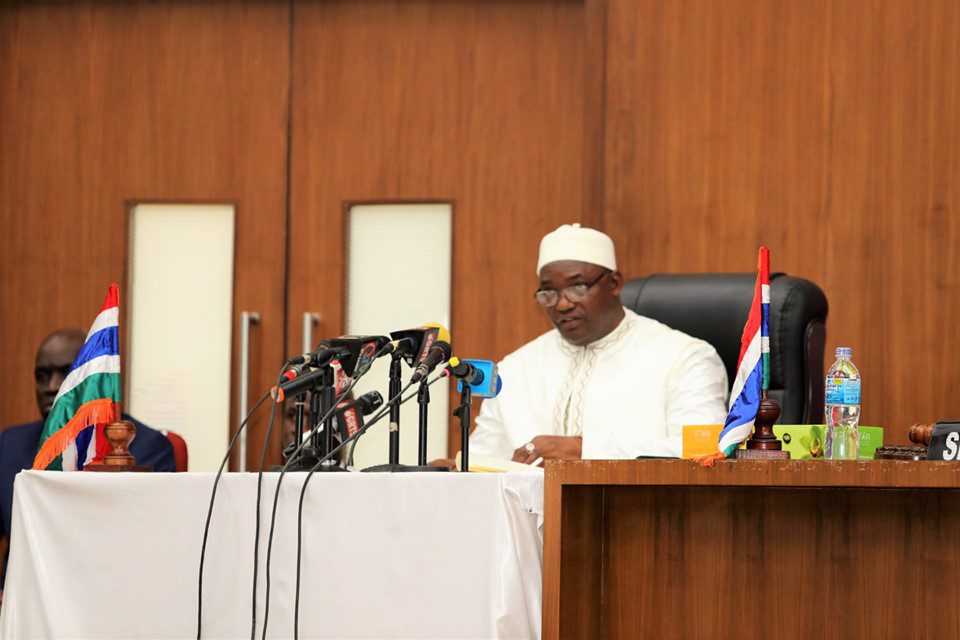Amnesty International has expressed concern that repressive laws are “still in force” in Gambia despite the election promises made by President Adama Barrow, who came to power in 2017.
The successor to Yahya Jammeh promised to reform the country.
But with months to go before the end of his first term, repressive laws restricting human rights, including the rights to freedom of expression and peaceful assembly, “are still in force,” the human rights NGO said in a new report published on September 23.
“There is still no new constitution. Punitive and restrictive human rights legislation, particularly on the rights to freedom of expression and peaceful assembly, remains on the statute books,” said AI West Africa researcher Michèle Eken.
“Moreover, the current parliamentary session, which represents one of the few opportunities to undertake legal reforms and far-reaching changes in line with Gambia’s obligations under international human rights law before the December presidential election, is due to end by next week,” she added.
Already, the ECOWAS Court of Justice on February 14, 2018 ruled that most media laws in The Gambia violate freedom of expression.
The court then called on the government to repeal or amend all criminal laws relating to defamation, sedition and false information to bring them in line with the country’s obligations under international human rights law, Amnesty said.
Citing The Gambia Press Union (GPU), the NGO said that legal provisions that muzzle dissenting voices “create a hostile environment for journalists. While cases of repression against journalists have decreased under President Adama Barrow, high-profile arrests have illustrated the risk that these repressive laws will be used to silence dissenting voices more widely.”
Amnesty International pointed out that the Gambian Penal Code still contains several clauses restricting the right to freedom of expression, noting that the “death penalty, abolished in the draft constitution, remains in force and courts continue to hand down death sentences.”
ODL/te/lb/as/APA


